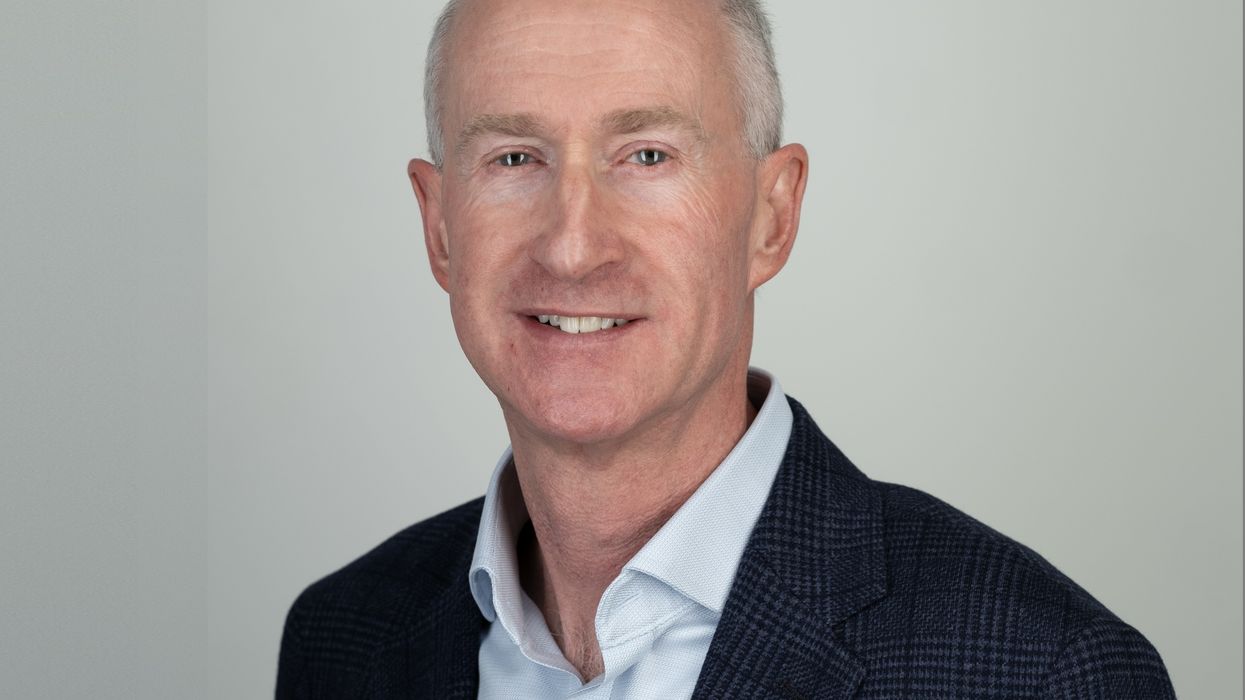Tariq Muhammad considers how community pharmacy must explore private services to help create a more sustainable future.
We know remuneration influences behaviour. If I have a construction company and I pay a bricklayer a fee per brick to supply and fit, I suspect he will source them from the cheapest supplier and lay as many bricks as he possibly can. If one day, I reduce the fee such that it barely covers the cost of the brick, at a time when bricks are in short supply and labour costs have gone up, oh and I take some money off him for the profit he made on bricks he supplied the previous year, I suspect he will tell me to stick my job where the sun doesn’t shine.
It may be a crude analogy, but it is pretty much what’s happened in community pharmacy over the last 20 years. The remuneration we get for dispensing does not cover the cost of providing the service. The reimbursement for the drugs does not cover the cost of the drugs. In fact, we make a loss on many items given all the clawbacks and supply shortages. Wages have gone up. And then each year the government claws back profit they say we’ve made, apparently!
Yet, despite all this, we continue providing the service under this archaic system, allowing our paymaster to repeat the injustice because they know they can and, unlike the bricklayer, we will just suck it up and take it.
So, what makes us carry on like this? Is it our conscience towards patient care? Is it that we don’t know what else to do and the fear of the unknown? Or is it like the
boiling frog story, where the temperature has increased gradually around us that we haven’t noticed the government heat slowly killing community pharmacy.
I suspect the answer is a mixture of all these factors. The pain is somewhat masked when we see fee paying services
being dangled in front of us, such as NMS, Pharmacy First, Hypertension, vaccinations etc. On the face of it, it appears that if a pharmacy does enough of these, it could more than compensate for any shortfalls in dispensing. At least, that’s how it’s presented
to the profession. But in reality, these services themselves cost time and money to provide, as well as significant effort to bring patients through the door to receive them.
Dental Analogy
In 2006 something significant happened in the dental profession. The labour government of the day introduced a new contract which created an arbitrary scale for dental work, known as a Unit of Dental Activity (or UDA) which had no bearing on the actual work involved, and targets were introduced for practices. What followed was a rejection of this draconian system which resulted in sharp decline in the provision of NHS dentistry and the growth of private dental services.
Today, NHS dentistry is in a desperate state and inaccessible for the vast majority of the population. Some may look at dentists and say they chose profit over patients but this would be a failure to understand the sequence of events. Dentists were OK providing NHS services, but the conditions were created through their NHS contract that gave them no choice but to find their livelihoods elsewhere.
Private Pharmacy
Through Titan I have the pleasure to work with many pharmacy businesses offering private services. Some have demonstrated how you can supplement NHS dispensing with private work, whilst others have carved out impressive models of pharmacy offering only private services direct to patients with no reliance on the NHS.
As well as having the right vision, you need the right tools to create the business you want. When launching new private services, pharmacists need the right technology and systems in place to ensure safety, efficiency, workflow. Without the proper systems in place, even the best idea can struggle to take off the ground and fail to bear fruit.
This year, Titan PMR will be launching its suite of private services on Titanverse in what will be another first for the industry. The new Titanverse platform will enable businesses to create a private service, allocate booking slots, allow patients to book, take payments, provide consultations and even issue electronic prescriptions. The aim for Titanverse is to do for clinical services what Titan PMR has done for dispensing.
The range of private services offered by pharmacists is also likely to grow exponentially over the coming years. Whereas until now private services have largely been in niche areas, such as weight management, cannabis, TRT, given the general state of the NHS and waiting times to see a GP, demand will grow for pharmacists to provide general healthcare, selfcare and wellbeing services.
Crossroads
Community Pharmacy is now at a crossroads. Carrying on down that same road, trying, hoping, praying that the NHS contract will one day pay dividends, in my opinion, is a false dream. Yes, we can make the dispensary more efficient. Yes, we can provide some NHS services to cover some of the losses in dispensing. However, the NHS Pharmacy contract is fundamentally flawed and the government has no money. Meanwhile pharmacy’s representative bodies neither have the clout nor vision to set out any alternative future for contractors - I’m sorry, but if telling every pharmacy to turn off the lights to create awareness of our desperate situation is the best we can come up with, then we may as well give up now.
Like our dentist colleagues, community pharmacy may have no choice but to look to private services to sustain their income. The conditions for offering private services are ripe. Pharmacists now have IP qualifications and the technology, via Titanverse, will provide the efficiency and workflow around the business process.
This road for pharmacy may be uncharted and is a step into the unknown for many, but if we manage the risks, it is likely to be far more rewarding than doing the same old thing and expecting a different result, and certainly better than turning the lights off.

Tariq Muhammad is CEO of Invatech Health which owns and operates Titan PMR (titanpmr.com)













